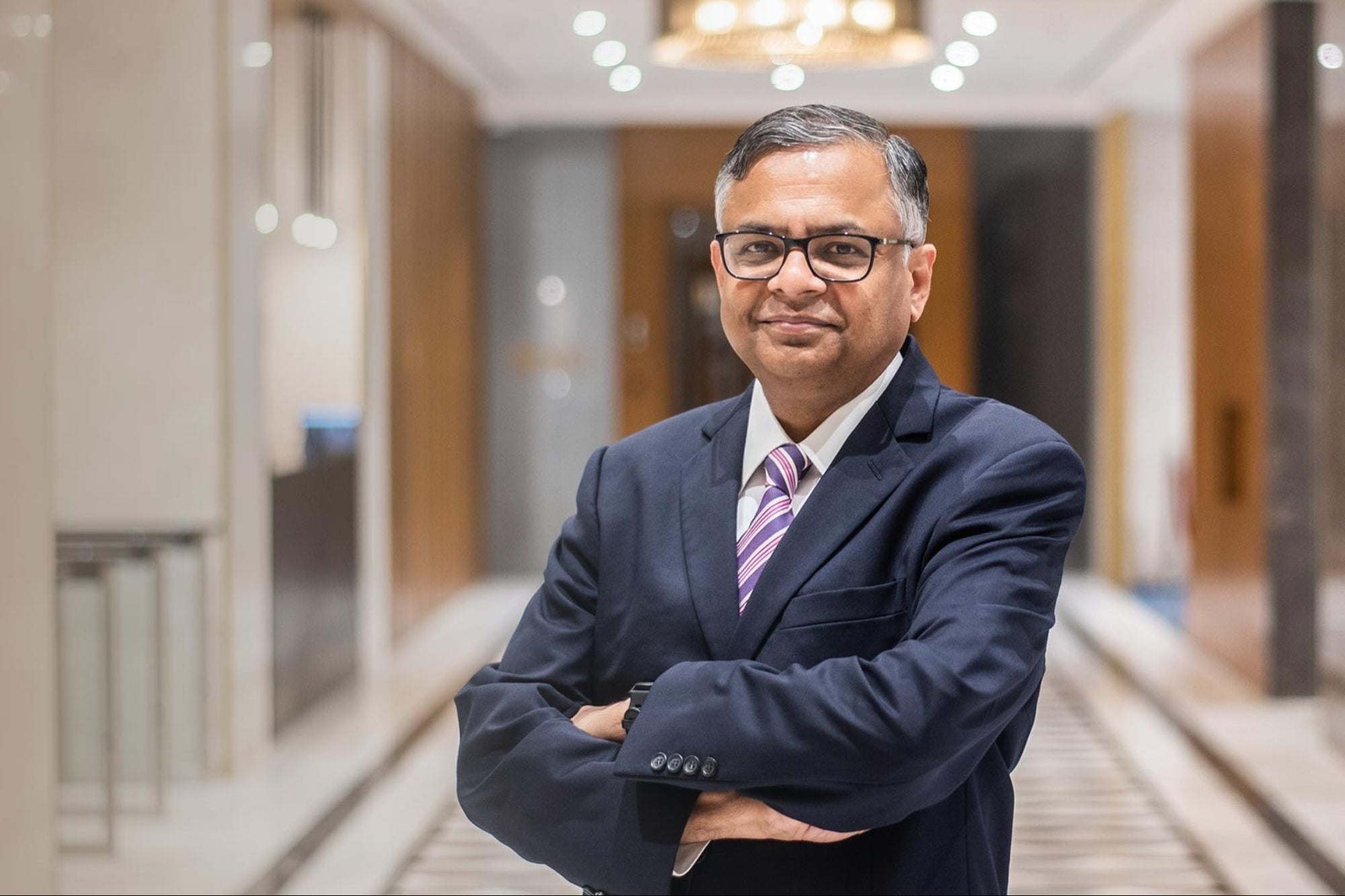Tata Motors Assures Stability Amid Global Disruptions Despite the headwinds, Chandrasekaran expressed cautious optimism. "Given the enormous amount of work we have done over the past years... our businesses are structured to not just handle this environment but to thrive," he concluded
You're reading Entrepreneur India, an international franchise of Entrepreneur Media.

Tata Motors chairman N Chandrasekaran used the company's 80th annual general meeting (AGM) on Friday to highlight the mounting challenges facing the global auto industry, while reaffirming the company's preparedness in key areas like electric vehicles and supply chain resilience.
The meeting, held virtually, began with a solemn minute's silence to honour victims of the Air India flight AI-171 crash, marking Chandrasekaran's first appearance at a Tata Group AGM since the June 12 tragedy. He had skipped earlier AGMs of Tata Consultancy Services and Tata Consumer Products this week.
In his address to shareholders, Chandrasekaran painted a candid picture of a volatile global landscape: "Going forward, volatility will continue to mark economic cycles from widespread geopolitical conflicts, military escalations, the redrawing of supply chains and tariff regimes to artificial intelligence and energy transition. Nowhere are all these disruptions visible more than in the automotive sector."
A major concern raised was the global shortage of rare earth materials essential for manufacturing permanent magnets used in electric motors. These magnets play a crucial role in electric vehicles (EVs), hybrids, and even some internal combustion engine models. The scarcity has triggered alarm across the industry, with manufacturers warning of production halts if supply is not restored swiftly.
However, Tata Motors is not yet facing a disruption. "As of now, we are okay. We are not facing issues. We are able to source the magnets that we need, and we have plans for having the right level of inventory," Chandrasekaran assured, adding that the company is working closely with the government and exploring alternative sourcing strategies. "This is not a concern but this is something that we are watching very carefully," he noted.
Despite global headwinds, Tata Motors posted a consolidated group revenue of INR 4.39 lakh crore in FY25, a modest rise of 1.3 per cent. Profit after tax, however, fell 12 per cent to INR 28,149 crore. Wholesale volumes dipped 3 per cent to 1.34 million units. Nevertheless, the company reported record EBITDA and pre-tax earnings (before exceptional items), with Tata Motors now debt-free.
The US market posed a fresh challenge for Tata-owned Jaguar Land Rover (JLR), which had to suspend deliveries following steep tariff hikes imposed by the Trump-led administration. "From 2.5 per cent, the tariff would have gone to 27.5 per cent," Chandrasekaran said, but clarified that with a new trade agreement between the UK and US, the rate would settle at 10 per cent. The gross impact could have been £1.6 billion, but JLR's mitigation steps are expected to limit the damage to £600 million.
Amid these developments, Tata Motors continues its demerger process. The plan is to list its commercial vehicles (CV) and passenger vehicles (PV) businesses as two independent entities, with the latter including JLR and the company's growing EV portfolio. "We should be able to have two independent listed companies — one with CVs and the other with passenger vehicles and JLR — hopefully before the end of this year," he said.
On the PV front, Tata is pushing to reverse its decline in the small commercial vehicle segment while doubling down on EVs. "Our market share is above 50 per cent in the electric PV segment," said Chandrasekaran. EVs now make up 15 per cent of Tata Motors' PV sales, with a 30 per cent target by 2030, "but I think we will achieve the target earlier than that," he added.
Despite the headwinds, Chandrasekaran expressed cautious optimism. "Given the enormous amount of work we have done over the past years... our businesses are structured to not just handle this environment but to thrive," he concluded.










